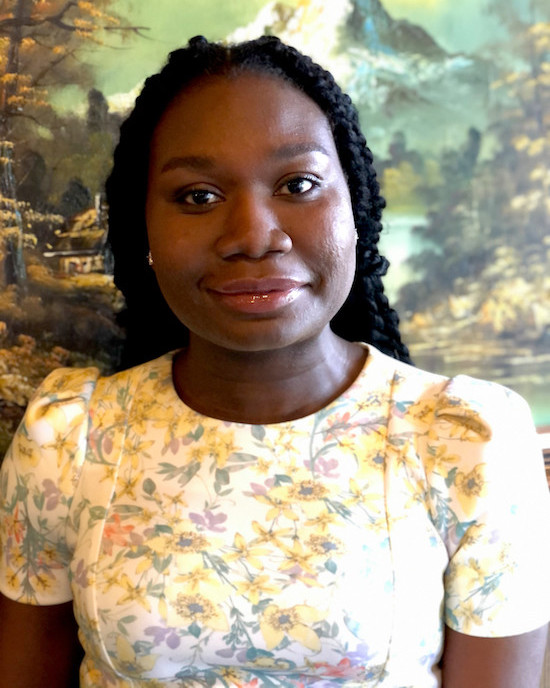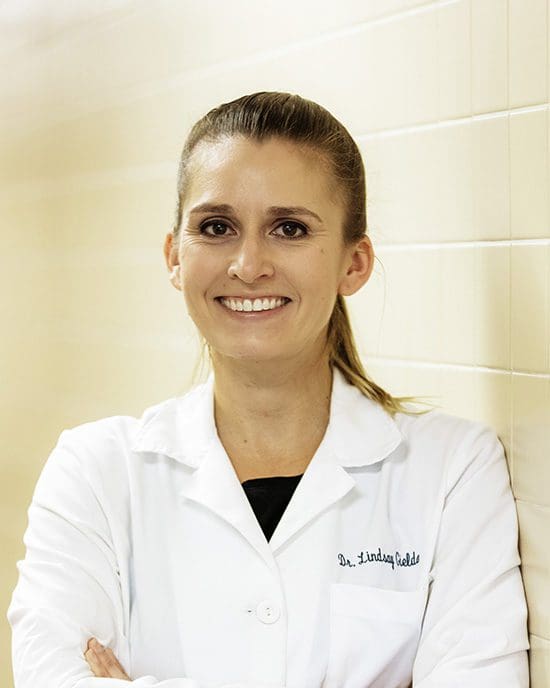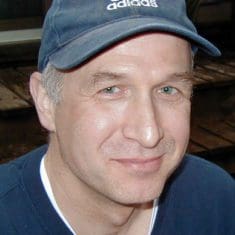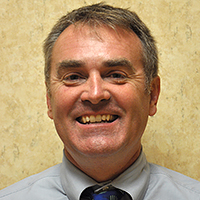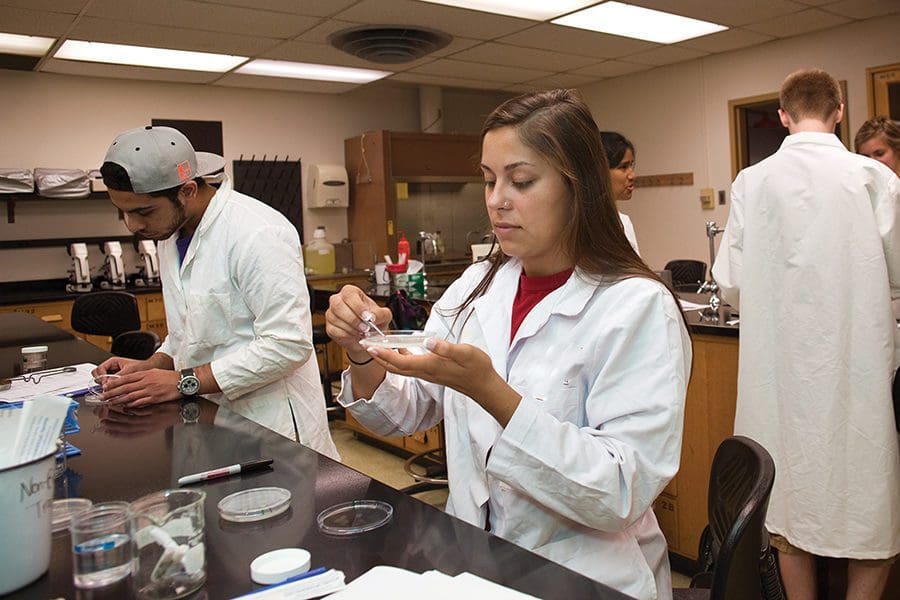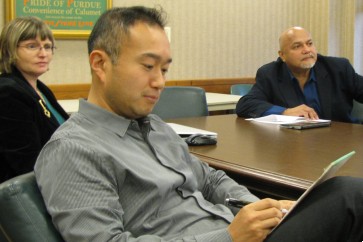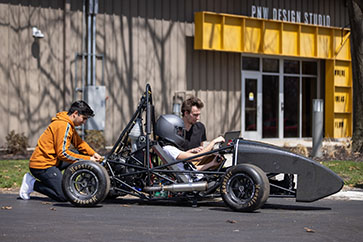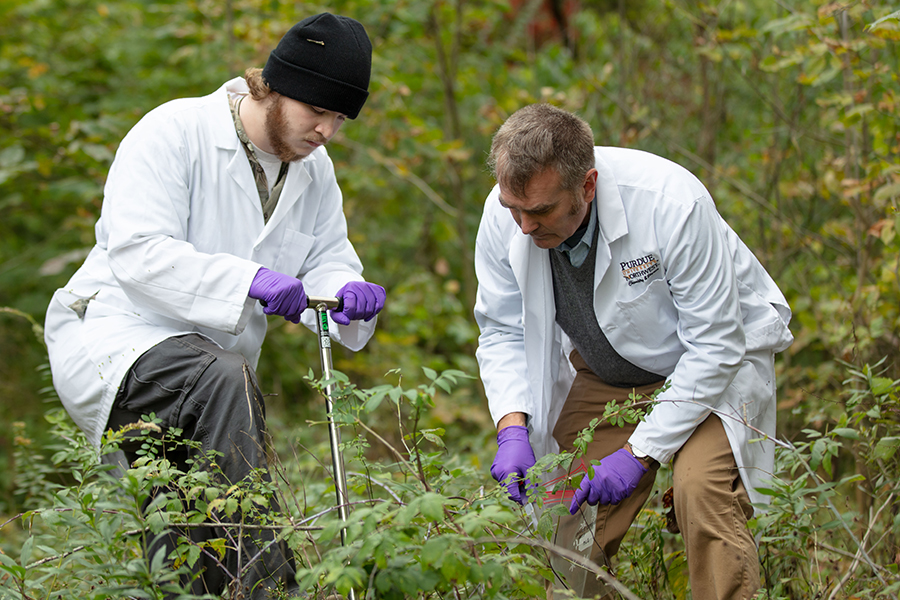
Master's Degree in Biology
Master of Science
Request Information
Biology Master’s Degree Program Overview
Enjoy a rich academic environment in Purdue University Northwest’s biology master’s program with both thesis and non-thesis options. If you have a passion for research and intend to apply to Ph.D. programs, the thesis option is for you. If you plan to pursue a professional career, explore the non-thesis option.
Department of Biological Sciences
Whether you plan on entering a professional school, Ph.D. program, or today’s job market, our dedicated and accomplished faculty are committed to your future success. Students in research present at national and international meetings, publish in peer-reviewed journals and enjoy successful, fulfilling professional careers in many subdisciplines of biology.
Biology Master's Degree Program Curriculum
As a biology master’s student, you are required to form a graduate advisory committee and develop a plan of study. Non-thesis students complete 30 credits of coursework and take an exit exam.
For the thesis option, at least 15 credits of 50000 or above levels must be in formal biology courses. To total at least 30 credits, the remaining credits should be taken in a research M.S. thesis course with an appropriate faculty member.
In your first year, you will complete 15 credits of course work. If you plan to submit a thesis, you should write a thesis proposal and begin your research.
At least 15 credits of 50000 or above levels must be in formal biology courses. Only A or B grades are accepted.
SAMPLE COURSES
- BIOL 59500 – Special Assignments
- BIOL 59700 – Sex and Evolution
- BIOL 60100 – Graduate Seminar
Non-thesis students will complete 15 credits of course work and take an exit exam.
Biology Master’s Course of Study
To total at least 30 credits, thesis students will take BIOL 69800 Research MS Thesis with an appropriate faculty member and submit and defend their thesis. Only S grades are accepted.
SAMPLE COURSES
- BIOL 54401 – Epigenetics
- BIOL 56600 – Developmental Biology
- BIOL 69800 – Research MS Thesis
Biology Master's Degree Program Highlights
Your master’s journey at PNW will feature indoor and outdoor laboratory experiences, faculty-supervised research opportunities and small class sizes that promote close relationships with your instructors. You’ll also enjoy opportunities to present thesis work at national and international research conferences, as well as publish peer-reviewed research papers with faculty. You’ll also be able to offset your tuition/fees with graduate teaching assistantships.
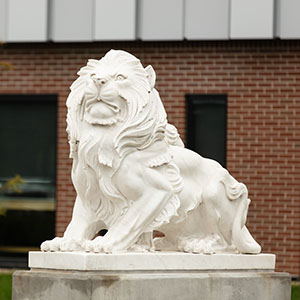
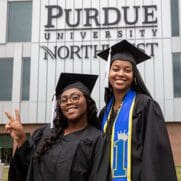
Biology Master's Degree Program Outcomes
You’ll gain in-depth knowledge in biological sciences and master vital skills in critical thinking, science communication, and problem solving.
Biology Master’s Degree Program Career Paths
Graduates of this program are poised to pursue the following paths:
- Professional and Ph.D. programs
- Biology instructor
- Research scientist
- Field ecologist
- Natural science manager
Biology Master’s Degree Program Beyond the Classroom
As a biology grad student, you’re encouraged to:
- Participate in departmental events and the Science Olympiad
- Write research grants
- Pursue internships
- Actively engage with the research community
Biology Master’s Degree Program Employers
Master of Science in Biology alumni are employed at:
- Hospital clinical and research laboratories
- University research laboratories
- Food and environmental testing laboratories
- National Park Service
- Environmental Protection Agency
Biology Master’s Degree Program Scholarships
M.S. in Biology students can offset their educational expenses with graduate teaching assistantships.
Meet the Faculty
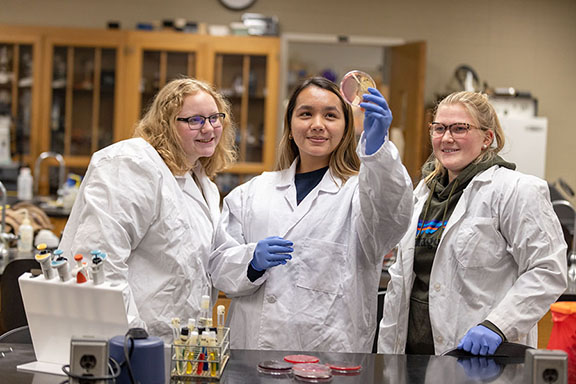
Earn a Master's Degree in Biology at PNW
Whether you just completed your undergraduate studies or are looking to take the next step to advance your career, Purdue University Northwest’s master’s degree in biology allows you the ability to level up your skills.
Our graduate studies staff is ready to help you take the next step! Contact us at (219) 989-2257 or grad@pnw.edu to see how PNW can meet your needs.
